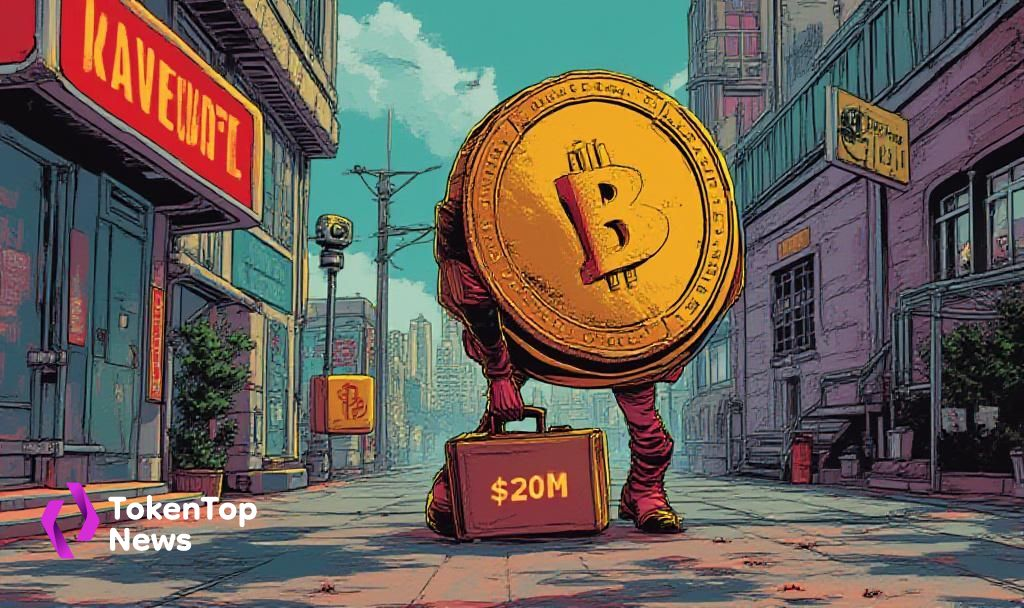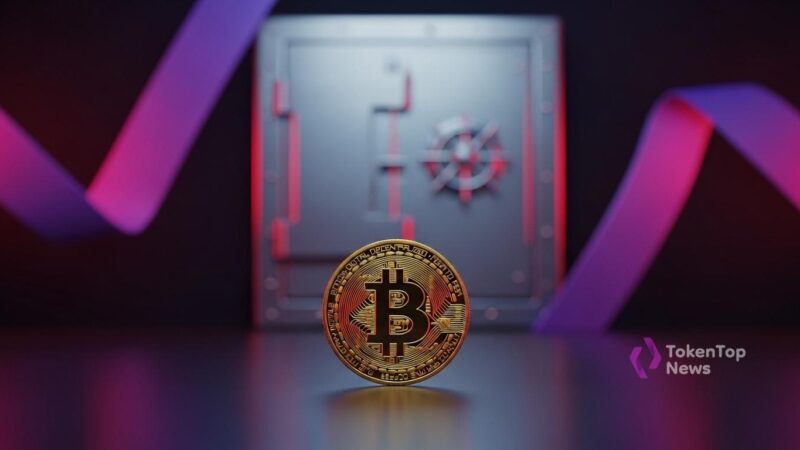Coinbase Faces Security Breach Amid Extortion Attempt
- Coinbase suffered a data breach involving bribed overseas agents.
- A $20 million extortion attempt was made using stolen user data.
- Coinbase stock dropped 7.2% following the breach disclosure.

Coinbase confronts insider threats as overseas support agents are bribed for user data, leading to a $20 million extortion attempt announced by CEO Brian Armstrong in May 2025.
The breach underscores cybersecurity concerns, affecting Coinbase’s market value, as shares dropped 7.2% post-disclosure, highlighting the vulnerability of traditional data systems despite secure crypto asset protection.
Coinbase Inc. recently disclosed a breach affecting personal data due to compromised customer service agents.
The breach involved the extraction of user data by a group influenced through bribes. Users’ cryptocurrency assets were not compromised. The cyber attack came with a $20 million extortion demand in Bitcoin BTC +0.00% , which Coinbase refused to pay. Instead, they reported the incident to law enforcement, maintaining a policy against paying ransoms to cybercriminals.
Following the public disclosure, Coinbase’s stock (COIN) experienced a 7.2% drop. The incident highlighted vulnerabilities in customer service operations, particularly those outsourced overseas, causing concerns among investors. The breach affected less than 1% of monthly transacting users. No on-chain assets were affected, ensuring that customer cryptocurrency holdings remained safe, but trust issues were raised as sensitive data became exposed.
Coinbase’s response included a commitment to reimburse affected users. CEO Brian Armstrong actively communicated the company’s stance via social media, reinforcing a no-ransom policy and offering a reward for criminal information. Armstrong emphasized:
“Coinbase is offering a $20M reward for info leading to the arrest of criminals responsible for the recent extortion attempt. We’ll always protect our customers and never pay ransom to criminals.” Source
Coinbase is expected to join the S&P 500, which demonstrates institutional resilience besides the breach. However, there is potential regulatory scrutiny from agencies like the SEC, especially on outsourcing practices, necessitating future organizational changes.





